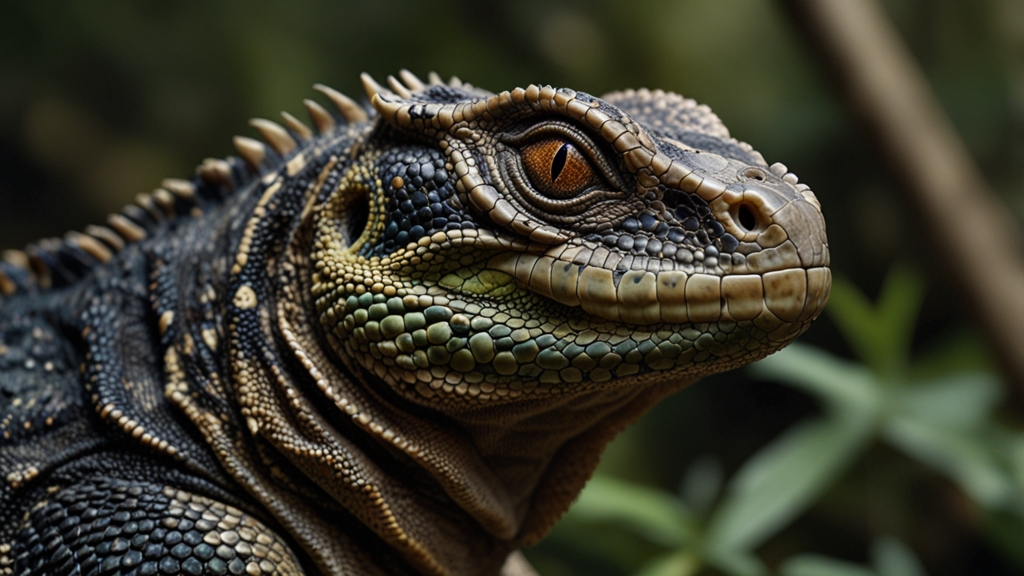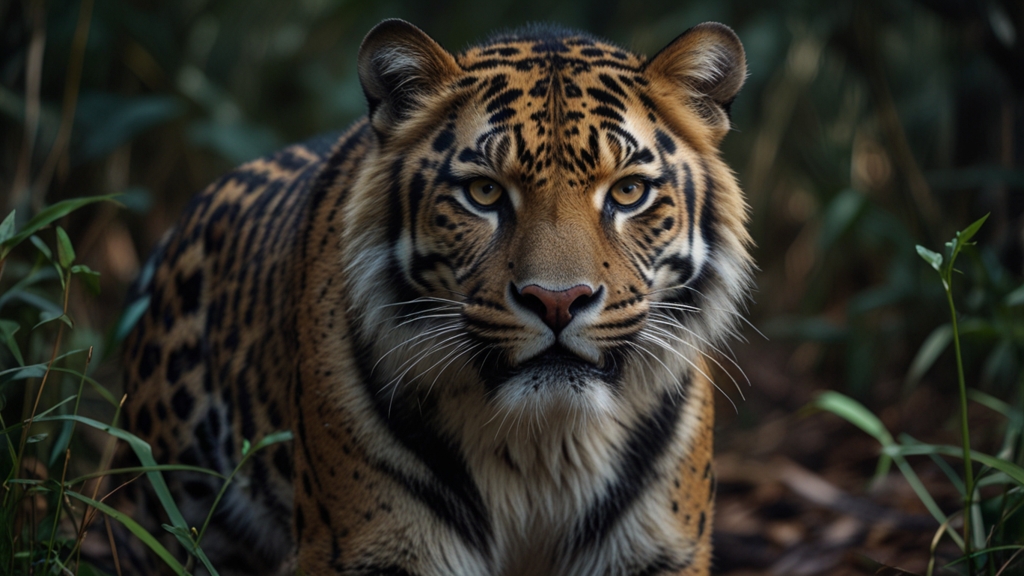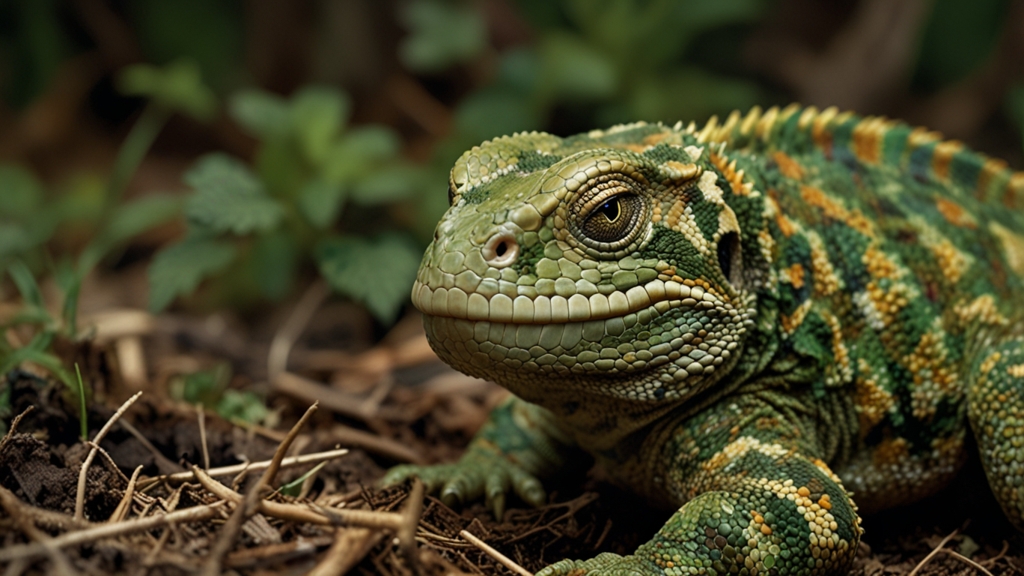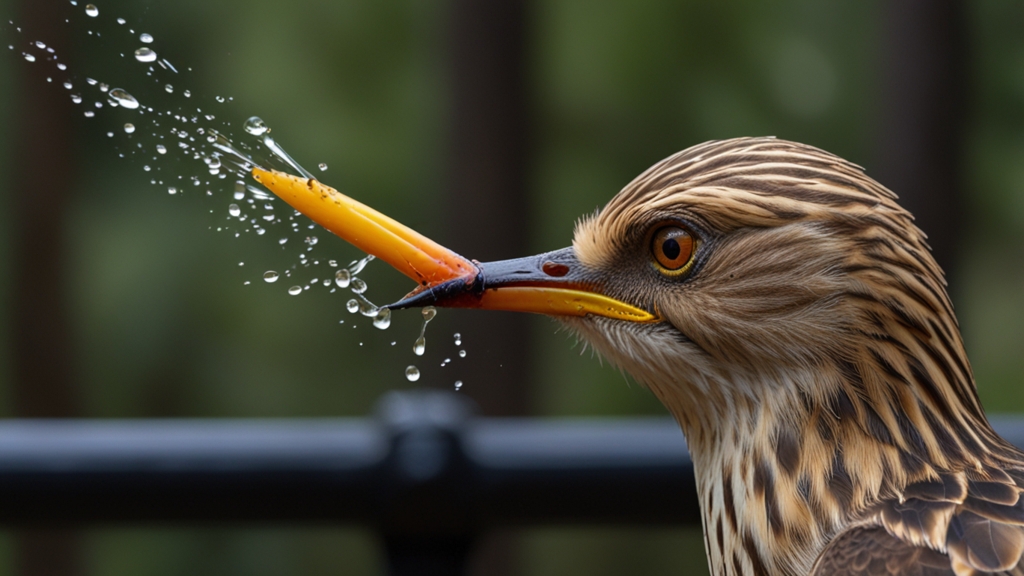The Enigmatic World of Reptiles: Are They More Like Us Than We Think?
For centuries, human fascination with reptiles has ebbed and flowed, punctuated by myths, misunderstandings, and awe. These cold-blooded creatures, which include snakes, lizards, turtles, and crocodiles, exhibit characteristics that are often considered alien to us. However, recent scientific revelations have begun to challenge this perception, suggesting that reptiles might be more like us than we think. This intriguing notion raises questions and sparks curiosity about the true nature of our scaly counterparts.
Reptilian Intelligence: Underestimated and Overlooked
Reptiles have long been stereotyped as primitive and unintelligent, a stark contrast to mammals. However, a growing body of research indicates that reptiles possess a surprising level of cognitive abilities. For instance, studies have shown that some lizard species are capable of complex problem-solving tasks, demonstrating a level of intelligence that rivals some birds and mammals.
“The more we study reptilian intelligence, the more we realize how complex and sophisticated it is. It's a mistake to underestimate them based on surface-level observations.” — Dr. Jane Milford, Herpetologist
Social Structures: More Than Meets the Eye
While reptiles are often perceived as solitary creatures, many species exhibit intricate social behaviors. For example, crocodilians are known for their sophisticated communication methods, including vocalizations and body postures, to convey emotions and intentions to one another. Some turtles and lizards also engage in social interactions, forming bonds that can last a lifetime.
These findings challenge the notion that reptiles are antisocial beings. Instead, they reveal a rich tapestry of social dynamics that parallels those observed in more commonly studied animals like primates and birds.
Parenting and Care: A Reptilian Perspective
One of the most surprising aspects of reptilian life is their approach to parenting. Contrary to the belief that reptiles are neglectful parents, many species exhibit considerable parental care. For instance, female alligators fiercely guard their nests and even assist their hatchlings in reaching water after they emerge from their eggs. Similarly, some species of pythons and skinks show a remarkable level of maternal care, ensuring their offspring's survival through various means.
“Parental care in reptiles is a profound reminder that the drive to ensure the survival of one's offspring is a universal trait, transcending class and species.” — Dr. Alan Richwood, Evolutionary Biologist
Emotional Complexity: Beyond Cold-Blooded Behavior
The term "cold-blooded" often implies a lack of emotional depth, but this is a gross oversimplification. Reptiles exhibit a range of behaviors that suggest emotional responses. For example, some reptiles seek out warmth and comfort, indicating a preference for certain environmental conditions that can be linked to emotional well-being.
Additionally, reptiles can exhibit stress and anxiety, much like mammals. The monitoring of cortisol levels in reptiles has shown that they respond to stressful situations in ways that are remarkably similar to human stress responses. This emotional complexity further bridges the gap between humans and reptiles, offering a new perspective on their behavioral ecology.
Conclusion: Bridging the Gap Between Us and Them
The enigmatic world of reptiles is rich with surprising parallels to human behavior, intelligence, and social structures. By peeling back the layers of misunderstanding and myth, we discover that reptiles are far from the primitive and emotionless creatures they are often portrayed to be. Instead, they exhibit a depth of intelligence, social interaction, parental care, and emotional responses that mirror those seen in many mammals, including ourselves.
As our understanding of these fascinating creatures continues to evolve, we are reminded of the interconnectedness of all life on Earth. In recognizing the similarities between us and reptiles, we not only gain a deeper appreciation for their lives but also for the complex web of life that links all creatures in the animal kingdom.
“Reptiles teach us that intelligence, emotion, and sociality are not exclusive to humans or even mammals. They are widespread traits that highlight the beauty and complexity of the natural world.” — Dr. Emily Thompson, Zoologist









